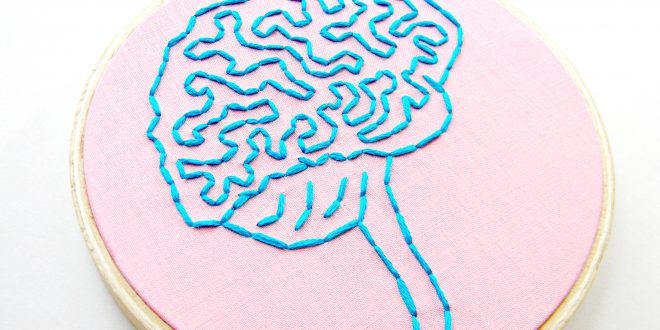Depression is one of the most common and serious mental illnesses. Indeed, more than 300 million people suffer from depression worldwide. Importantly, depression has various personal and societal consequences, which supports the increasing need for more research to better understand this debilitating disorder. One of the common misconceptions about depression …
Read More »
 Cognitive Behaviour Therapy A peer reviewed, multidisciplinary journal devoted to the application of behavioural and cognitive sciences to clinical psychology and psychotherapy.
Cognitive Behaviour Therapy A peer reviewed, multidisciplinary journal devoted to the application of behavioural and cognitive sciences to clinical psychology and psychotherapy.













